Roseanne
I was a caregiver for my mom, Elizabeth (wicked-awesome-bestie-for-life) Leonard. She was diagnosed at 56 years young. Mom was a teacher, with her favourite subjects being English and Math.
Alzheimer’s disease was not something my family had ever experienced. For her to be diagnosed at 56 was a shock for everyone, herself included. We all questioned it, looked for other answers and spoke to as many people as possible to learn more about the disease.
But it was my mom who said, “It is what it is; I won’t let it get me down.” With those words, we all accepted it and began to live with the disease.
The circle of healthcare professionals that we sought help from were all compassionate and knowledgeable. Our family dentist squeezed in my mom for check-ups on a day’s notice. Our family optometrist didn’t bat an eyelid at her odd statements, and just rolled with the conversation.
Toward the end of her journey with Alzheimer’s, my mom was admitted to the emergency room. She was scared, confused and so worried. I could not calm her down, so they could draw blood. She kept calling for my dad and was getting increasingly frustrated.
“Where is Blair? I need Blair!” she said. A young male nurse didn’t hesitate and reached for her hand and said, “I’m here.” It instantly calmed her. I may not remember what he looks like, or what else he did that evening, but I will always remember his voice and the words he spoke.
We come from a really tight-knit family and so everyone followed my mom’s lead after her acceptance. But everyone also had their own level of comfort with the diagnosis. We all felt frustrated, guilty and sad at the loss of someone who was still sitting along side us. We all felt happy when her journey was over.
But it still affected us differently. My grandmother (my mom’s mom) chose not to admit it for quite some time. That was frustrating for my mom. It was a challenging journey, but compared to others, my mom was blessed with a large circle of family and friends that wanted to cherish her and help her through every step.
I feel that the attitudes toward Alzheimer’s disease have improved, but I think more needs to be done to recognize symptoms and how the disease can display itself. As an example, being confused at a debit machine should give others cause for concern and a willingness to help, and not frustration.
Media
January 31, 2019: Leonard family navigates tough journey through Alzheimer’s (via the Western Star)
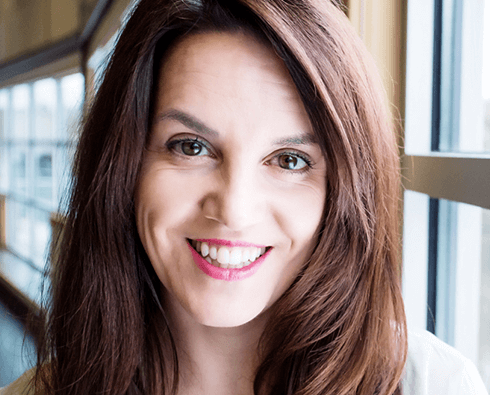
HERE ARE MY TIPS TO HELP YOU UNDERSTAND:
- Have tough discussions when times are good. It was easier to make decisions for my mom, because we had been so close and I felt that I knew what she would want.
- Dementia requires more than tolerance – it requires acceptance. Even though the disease can rob someone of their voice, it’s still important to have a conversation with them.
- A hug can heal so many worries.
- Music can replace words and evoke memories.
- Taking care of my dad (who was my mom’s primary caregiver) was as important as taking care of mom. Caregiving can be for more that just the person with the diagnosis.
-
More Stories
-
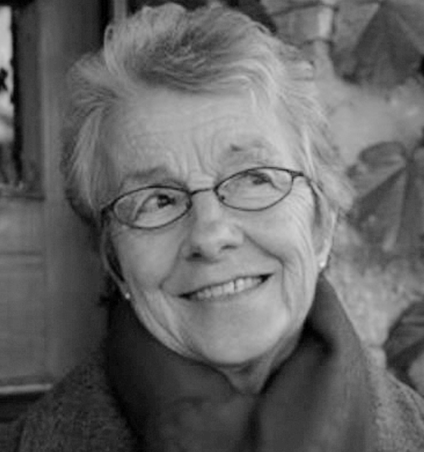
Catharine Ann
2018
Newfoundland and Labrador
-
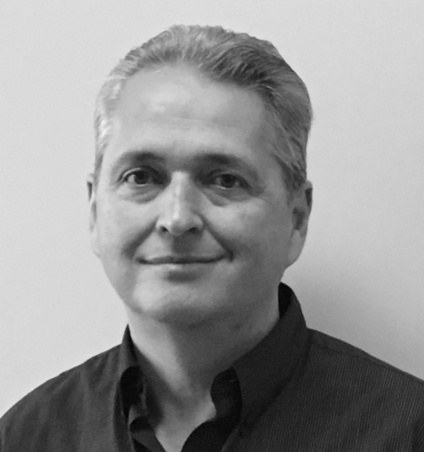
Peter
2018
Newfoundland and Labrador
-
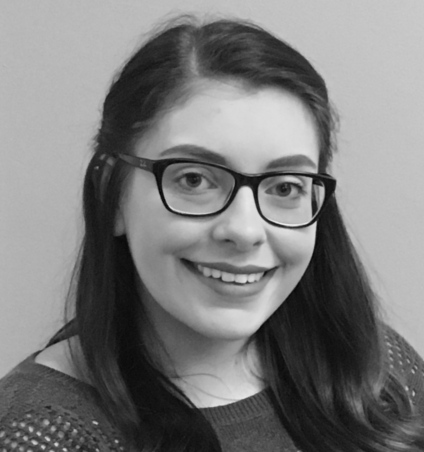
Sara
2018
Newfoundland and Labrador
-
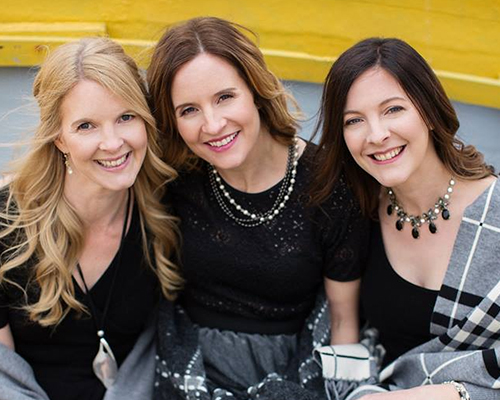
Teresa, Karen and Maureen
2019
Newfoundland and Labrador

Comments
We may use your information in order to track your relationship with us and our site(s). We do NOT share your information with third parties.